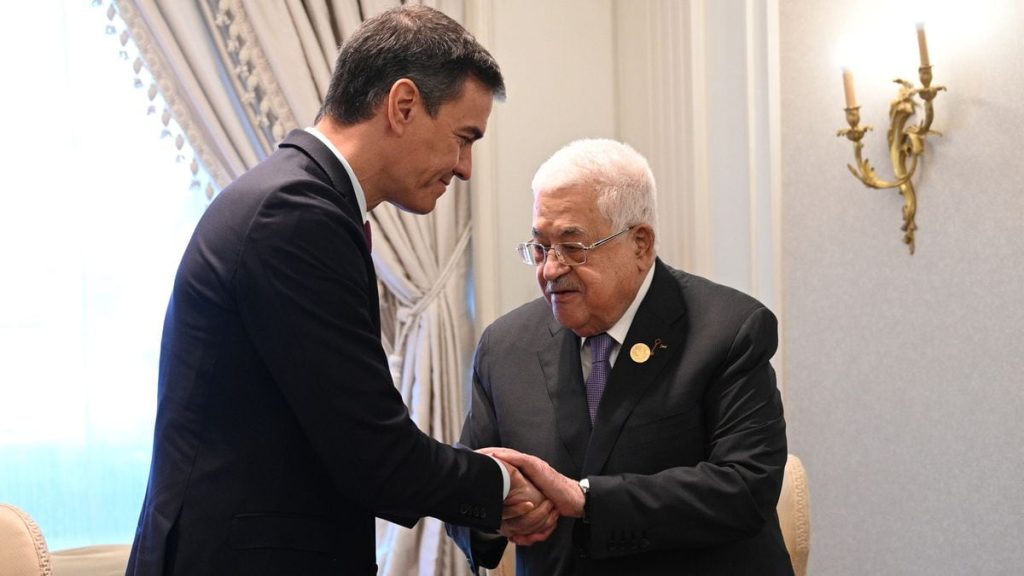Pedro Sánchez, the Spanish president, has taken a clear stance in the Gaza war by openly demanding an immediate ceasefire from Israel. He strongly rejects the indiscriminate bombings ordered by Benjamin Netanyahu, which have resulted in 32,500 deaths and 1.1 million people facing a catastrophic food situation after six months of war. This position has garnered support not only in Spain’s left-wing but also in parts of the right-wing. Sánchez’s stance has brought him closer to leaders in Latin America, such as Lula from Brazil and Gabriel Boric from Chile, who are critical of Netanyahu’s government, as well as to the Arab world, where he seeks to increase his influence. However, it has also caused growing tension with Netanyahu, as seen during Sánchez’s trip to Israel, Palestine, and Egypt with the Belgian Prime Minister, Alexander De Croo.
Starting a three-day tour on Monday, Sánchez will visit Jordan, Saudi Arabia, and Qatar, three Arab countries with significant influence in the Gaza crisis. Through meetings with their leaders, he aims to strengthen his influence in the region and work towards a two-state solution. Spain recently led an agreement with Ireland, Malta, and Slovenia within the EU to recognize the Palestinian State when the time is right, emphasizing the necessity for both Western and Arab nations to recognize both Israel and Palestine for a viable two-state solution. Sánchez’s trip to Saudi Arabia and Qatar, where the issue of recognizing Israel will be discussed, is crucial, especially amid the recent Gaza conflict.
In addition to his international agenda, the Gaza issue is also significant domestically for Sánchez, who aims to fulfill his commitment to recognize Palestine during his term. This aligns with the demands of his coalition partner Sumar and the Spanish public, which shows empathy for the Palestinian suffering beyond ideological divides. Other European countries, such as Germany, continue to support Israel strongly, contrasting with Sánchez’s position, which has found more forceful language even from the US, a traditional ally of Israel. Sánchez’s trip to Arab countries signals his determination to advocate for the two-state solution and Palestine’s recognition, exploiting his leading role in the EU’s clear opposition to Israel’s Gaza bombings.
During his visits to Jordan, Saudi Arabia, and Qatar, Sánchez will engage in political discussions related to the Gaza conflict. He also aims to discuss economic interests with the leaders, leveraging opportunities for cooperation, particularly in light of recent investments from Saudi Arabia and Qatar in Spanish companies. The trip is a diplomatic effort to seek a resolution to the Gaza war, strengthen Spain’s position in the Arab region, and capitalize on opportunities to enhance economic ties with these countries. Sánchez’s dedication to addressing the Gaza crisis and bolstering Spanish influence in the Middle East underscores his commitment to international diplomacy and conflict resolution.


